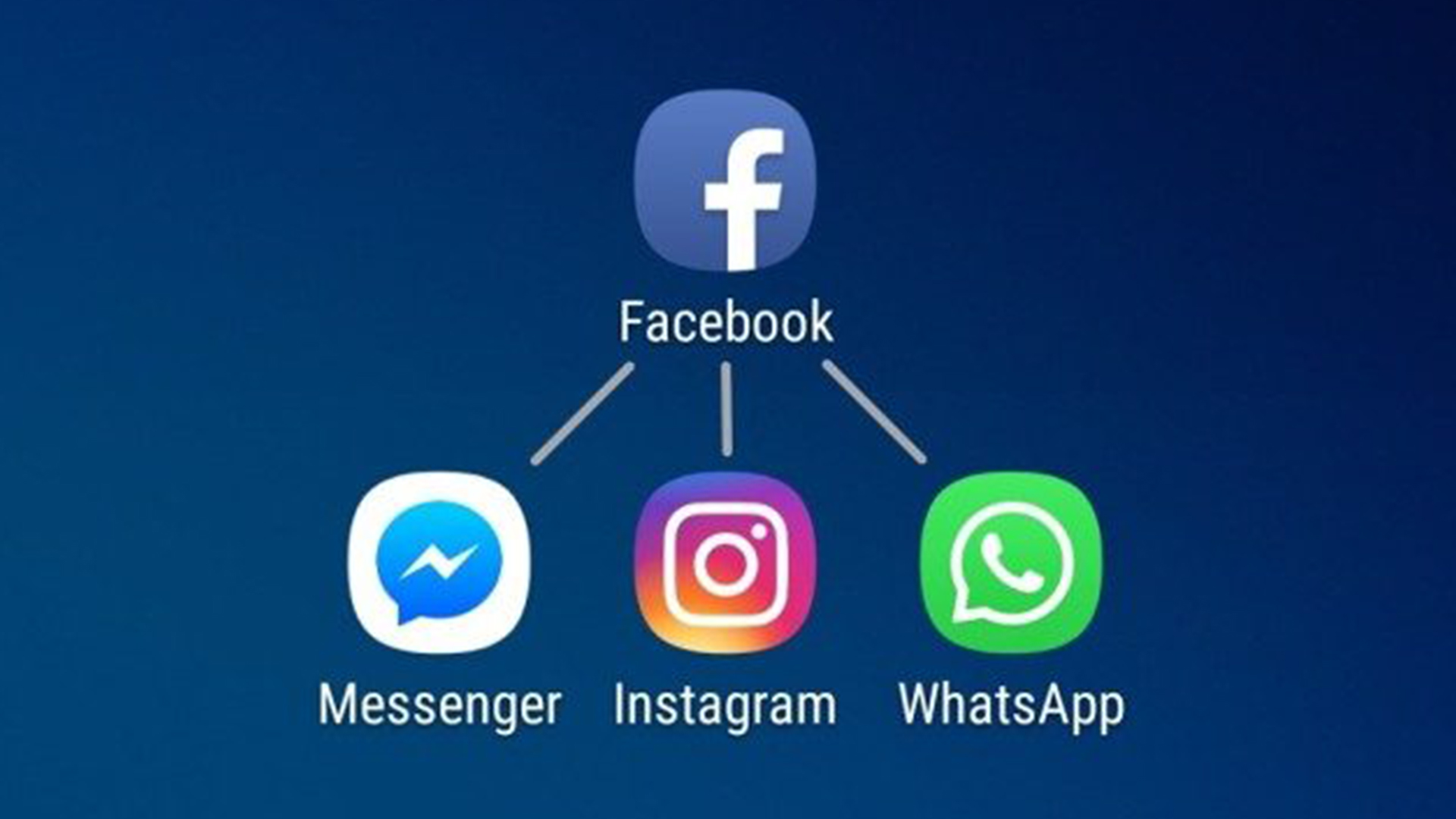
First impressions are important, and getting yours right is a big priority in SEO. You may have noticed that when searching for your own web pages on Google that the title tags you supplied (the clickable headers on the Search Engine Results Page) have been modified or replaced by Google.
Google has recently confirmed that it will be updating the way it assesses and generates title tags for search results, using a new algorithm to provide alternative titles that it feels are more relevant. Why has Google made this change? And how should we approach title tags now from an SEO perspective?
Google has made this change to shift focus away from trying to game the system when it comes to the use of keywords and links. The intention is to make new title tags more relevant, user-friendly, and efficient with information. In this blog post, we’re looking at how the update might be affecting you, and how to follow best practices to avoid your title tags being overwritten.
Three Main Reasons a Title Tag May be Rewritten by Google
Too Long
While including relevant information to your site in the title tag is important to ranking and getting clicks, overly long title tags will have the opposite effect. If a title is too long (roughly over 60-70 characters including spaces) then the title may cut off with an ellipses.
Getting the gist of your website across in the within about 55 – 65 characters (including spaces) is best. Technically, the sweet spot is around 920 pixels long, and this should allow you to include important information and relevant keywords to the topic of your site.
Overuse of Keywords
Google also cites keyword stuffing as a possible reason for a rewrite. While including as many keywords as possible may have had merit a few years ago, Google wants to prioritise relevancy and user readability when it comes to title tags. This means that if you have crammed your keywords throughout a tag, the Google algorithm may take it upon itself to rewrite it to make it more relevant to the content on your page.
Does this mean you should stop using keywords entirely in title tags? No, if you have an opportunity to use a keyword in the title tag, you should, but it must be relevant to the page content and make sense in the context of the title itself.
Contains No Text or Duplicate Text
If you simply have no title tag at all, or one that has been copied and pasted across multiple pages, then Google’s algorithm will almost always step in to make changes.
Having a unique title tag is important to Google, as they want to make sure that users can easily understand what your page is about within a few seconds of a search.
What is the Title Tag Being Replaced With?
If your title tag is deemed to be too long, spammy, or you don’t have one at all, what is Google actually going to replace it with?
Google’s algorithm works to replace the existing title tag with text from the content of your page. This can range from the H1 heading, to an excerpt of body content, even text containing links pointing to other pages. The goal is to create a title tag that is relevant to the content on the page based on what the user or customer is actually going to see.
Is it still worth writing Title Tags?
Now that Google is going to be providing algorithm-designed title tags, is it worth writing one in the first place?
Absolutely.
Being able to control the first thing that your customer will read about you is still a hugely valuable tool, and while Google is looking to dissuade overuse of keywords in these titles, by ignoring them entirely you are leaving traffic on the table.
Google has advised that your original title tags will still be used over 80% of the time, meaning that if you design the text correctly, it’s very likely to be used. Taking the time to get your page titles right is absolutely a worthy investment.
How to Write a Quality Title Tag
Make it Relevant
A relevant title tag will tell your user exactly what to expect when entering your webpage. Keep it concise and on-topic. Your target audience will be more drawn to your content if it is described in a way that is relevant to their needs.
Manage Your Length
As mentioned previously, one of the key reasons why your title may be rewritten is your length. Staying between 55 – 65 characters including spaces will ensure the title is displayed in full on the search page.
Use Keywords (Where Appropriate)
Relevant keywords can still be included, but making sure they fit in the context of your title tag is a must. The tag must describe the content of your page first and foremost, but if you can use a keyword seamlessly then you should.
Make it Unique
Each page or blog on your site should have a unique title. This is to ensure potential customers are directed to the right part of your website, depending on what they searched for.
Include Your Brand Name
It’s a good idea to add your brand name at the end of your title tags, as this raises brand awareness and will improve name recognition over the long term.
Pure SEO is Here to Help
As a market-leading digital agency we can help you manage and produce content that meets Google’s guidlines, and the needs of your users. Whether you’re a small start-up to or a multi-national company, Pure SEO can guide you through the digital space to make sure your services and products are competitive in search engines, and ensure your customers are finding you. Contact us today to get started!

















